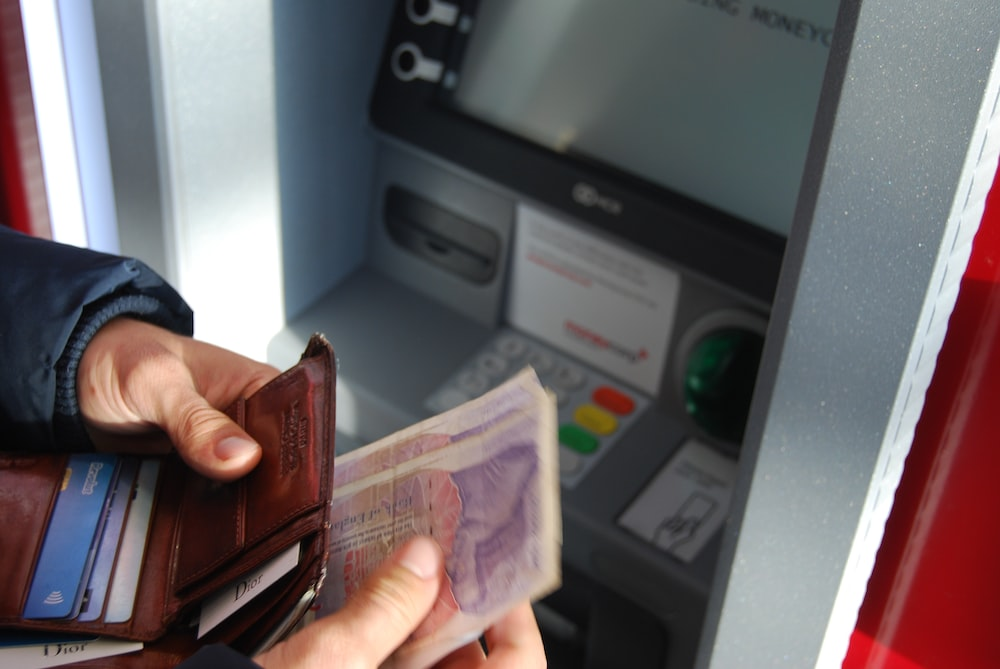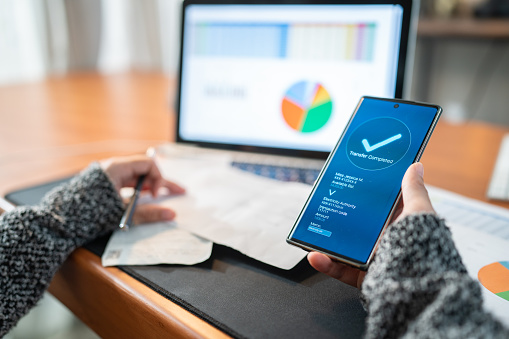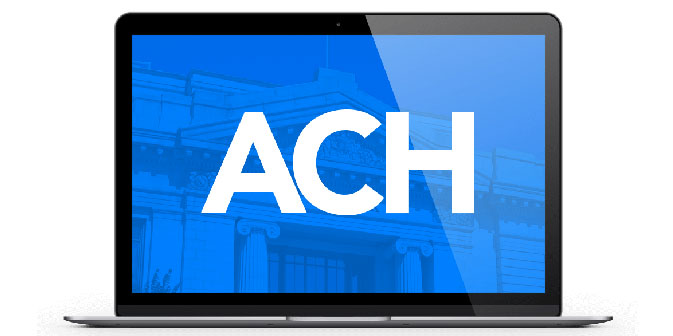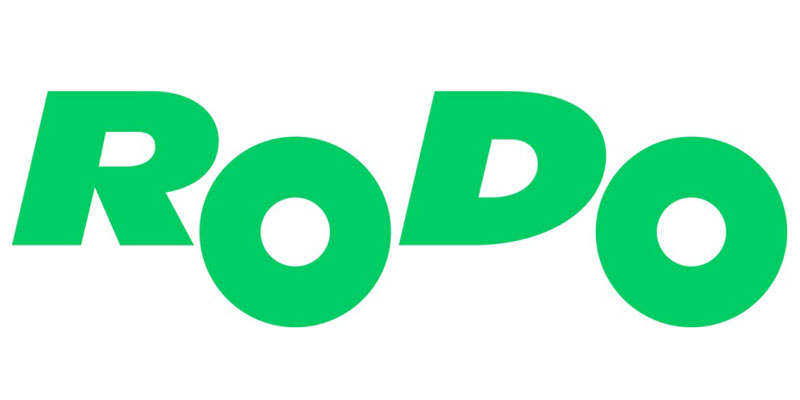What Do You Need To Open A Bank Account
Triston Martin
Apr 07, 2023
Opening a bank account is easier. The right information and materials can make the process straightforward. Whether you’re just starting with your first savings account or looking to open a new checking account, understanding what you need to supply your local banking institution will help get things off on the right foot.
We’ll discuss everything you should know—from the documents required to the opening steps—so that when it comes time to open a bank account, all your ducks are in a row.
The process of Opening a Bank Account

It’s important to research various banking options and requirements before you open an account. You may need to provide details such as your name, home address, and social security number, so it’s a good idea to have all of these documents with you when you go in for the opening process. Here are some other important items that can help speed up the process:
- A valid photo ID (driver's license or passport).
- Social Security Number or Tax Identification Number.
- Initial deposit amount (some banks require this).
- Proof of residence (such as a utility bill or house lease agreement).
- Proof of funds (if applicable).
Once you have gathered the necessary documents, the bank will likely ask you to complete a few forms. These are generally standard forms asking for your name, address, contact information, and the type of account you’d like to open.
Once these steps are complete, the bank will review your documents and verify everything is in order. Once approved, they will provide you with an agreement outlining the terms of your new account and any associated fees or restrictions. It’s important to read this document carefully before signing to understand your expectations as an account holder.
Types of Bank Accounts are Right for You

Now that you understand the basics of opening a bank account, it’s time to determine which type of account is right for you. Depending on your needs and financial goals, several types of accounts can help you reach those goals. A few common types include:
- Savings Accounts: This type of account typically offers higher interest rates than checking accounts, making them ideal for saving up funds over time. Savings accounts also have many features, such as online banking, direct deposits, and ATM access.
- Checking Accounts: These accounts are primarily used for everyday expenses such as bills and groceries. Checking accounts generally have lower interest rates but offer more convenience in managing day-to-day finances.
- Money Market Accounts: This type of account provides higher interest rates than a standard savings account and allows you to access your funds via check or debit card. Money market accounts include online banking, bill pay, and direct deposits.
- Certificates of Deposit (CDs): CDs are ideal for those looking to earn more on their investments with less risk. They typically offer higher interest rates than other types of accounts but require a minimum amount of money to be deposited that must remain in the account for a predetermined period before it can be withdrawn without penalty.
Required Documentation You Need to Open an Account
Once you’ve determined which type of account is right for you, the next step is to gather the necessary documents. Banks typically require proof of identification, address, and other information related to your financial history. Here are some of the documents you may need:
Proof of identity (such as driver's license or passport), Social Security number Proof of residence (utility bills or house lease agreement), Initial deposit amount (some banks require this), and Proof of funds (if applicable). These documents will help verify your identity, address, and financial background so the bank can make an informed decision when it comes time to open your account.
It’s important to have all these items available before you begin the process to avoid delays or issues.
Once you have all your documents in order, the bank will likely require you to fill out a few forms that ask for your name, address, contact information, and the type of account desired.
After this step is complete, they will review everything and provide you with an agreement outlining the terms of your new account and any associated fees or restrictions. Be sure to carefully read this document before signing it to understand what is expected of you as an account holder.
Now that you know how to open a bank account and which documents are required, it’s time to start.
Submit Your Application
The final step in opening a bank account is to submit your application. Most banks have an online application process that makes it easy to apply and quickly get an answer regarding approval.
Alternatively, you can visit a local branch, fill out the paperwork, or call the bank directly with any questions or concerns. Once approved, they will provide you with an agreement outlining the terms of your new account and any associated fees or restrictions. It’s important to read this document carefully before signing to understand your expectations as an account holder.
Opening a bank account doesn’t have to be daunting if you know what documents are required and which type of account is best for your needs. You’ll be ready to open an account quickly with the right information and materials.
Fees Associated with Opening a Bank Account
Before you open a bank account, it’s important to understand the fees associated with having one. There may be overdraft charges, monthly maintenance fees, ATM withdrawals, etc. Different banks have different fee structures, so review their policies before opening an account to avoid any costly surprises.
The number of transactions allowed monthly can also vary from bank to bank and the type of services available. Some banks offer additional features such as online banking and bill pay, while others require customers to perform all transactions at a local branch or through the mail. It’s important to research these options ahead of time so that you know exactly what is offered by each institution before selecting one.
Minimum Balance Requirements
Most banks also require customers to maintain a minimum balance in their accounts. This threshold can range from $0 to $10,000, so it’s important to understand what your bank requires before opening an account. Not meeting the requirements could result in additional charges or account closure, so know these policies beforehand.
To fees and minimum balances, most banks also impose restrictions on how often funds can be withdrawn or deposited into the account. This may include limits on the number of monthly transfers and other rules and regulations, so review all documentation carefully before making any decisions.
FAQS
Can I open a bank account without an ID?
In most cases, no. Most banks require customers to provide a form of identification, such as a driver’s license or passport, to open an account.
Do I need to provide bank statements when opening a new account?
No, you usually do not need to provide bank statements when opening a new account. However, some banks may require a certain amount of funds to be deposited to open the account.
Can my 16-year-old open a bank account without me?
Yes, a 16-year-old can usually open a bank account without parental permission. However, some banks may require additional documentation, such as proof of address or a parent’s signature, so check with the bank before opening an account.
Conclusion
After reading this article, you should thoroughly understand what is required to open a bank account. While it might seem daunting, the process is relatively easy to understand, so you take the time to consider your needs and options. Take advantage of any assistance or guidance your bank offers for opening and maintaining an account. Opening a bank account has many potential benefits and can help you manage money efficiently and be more organized with your financial matters.







